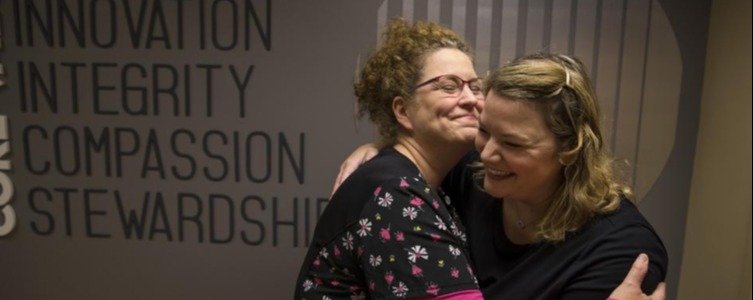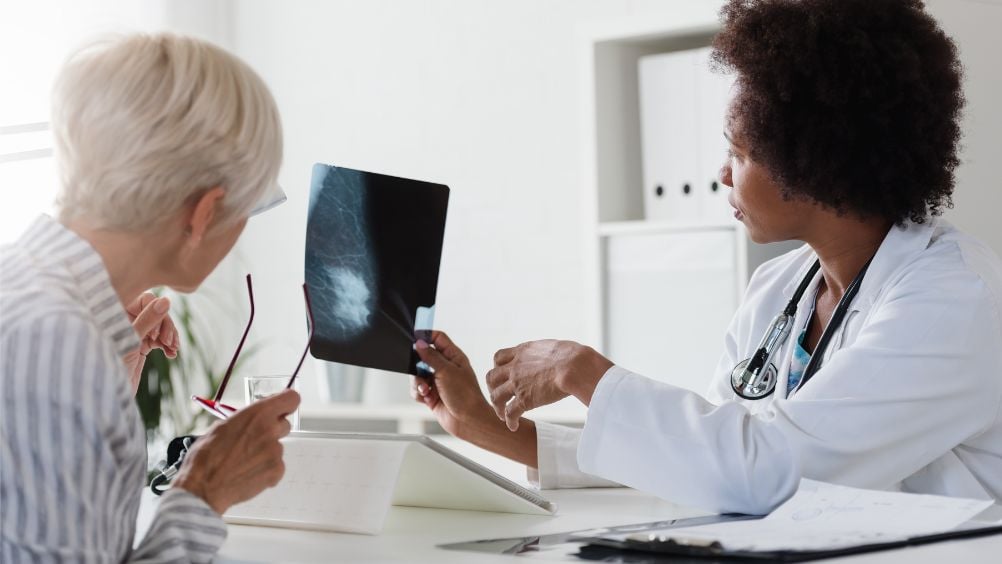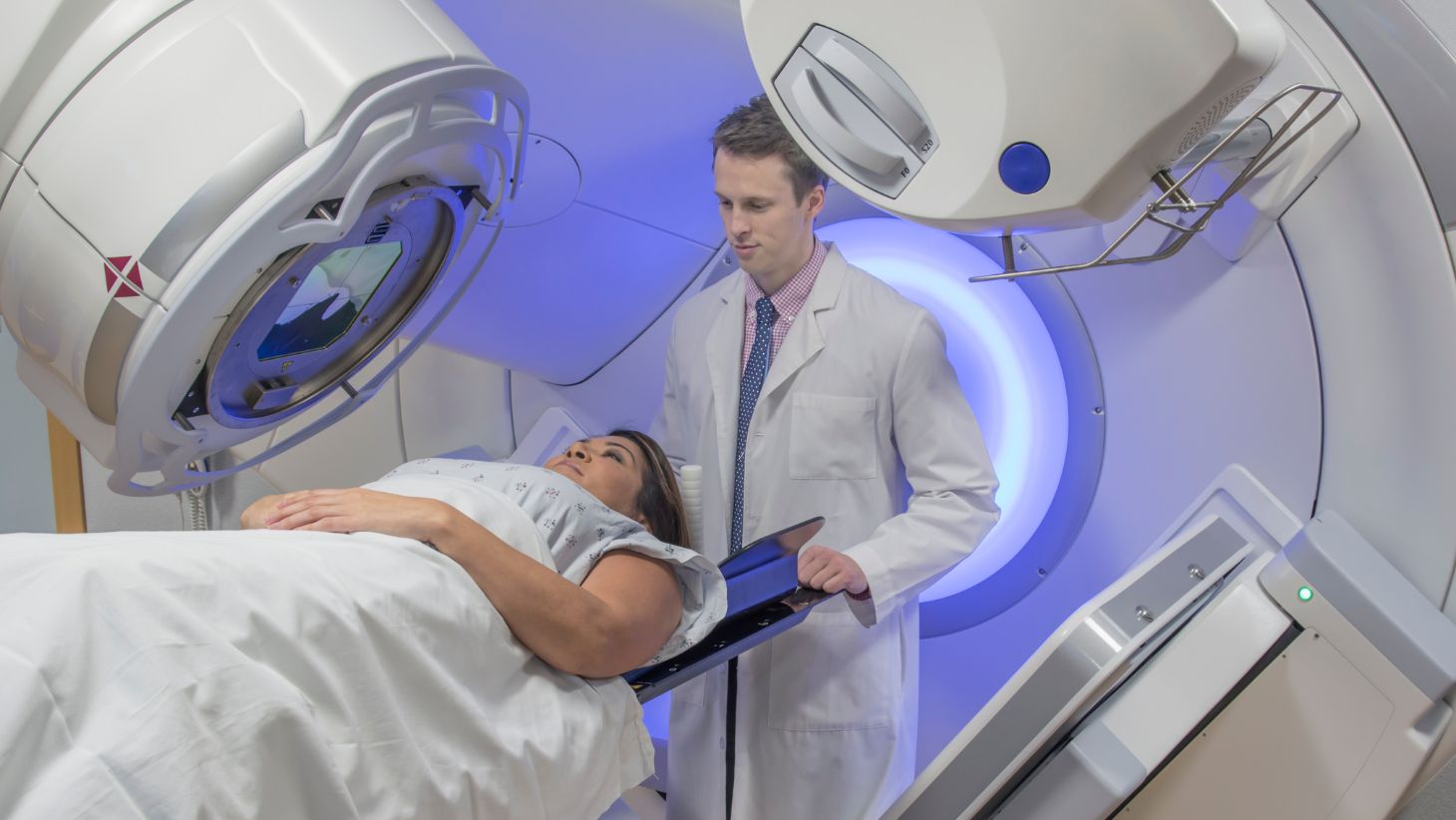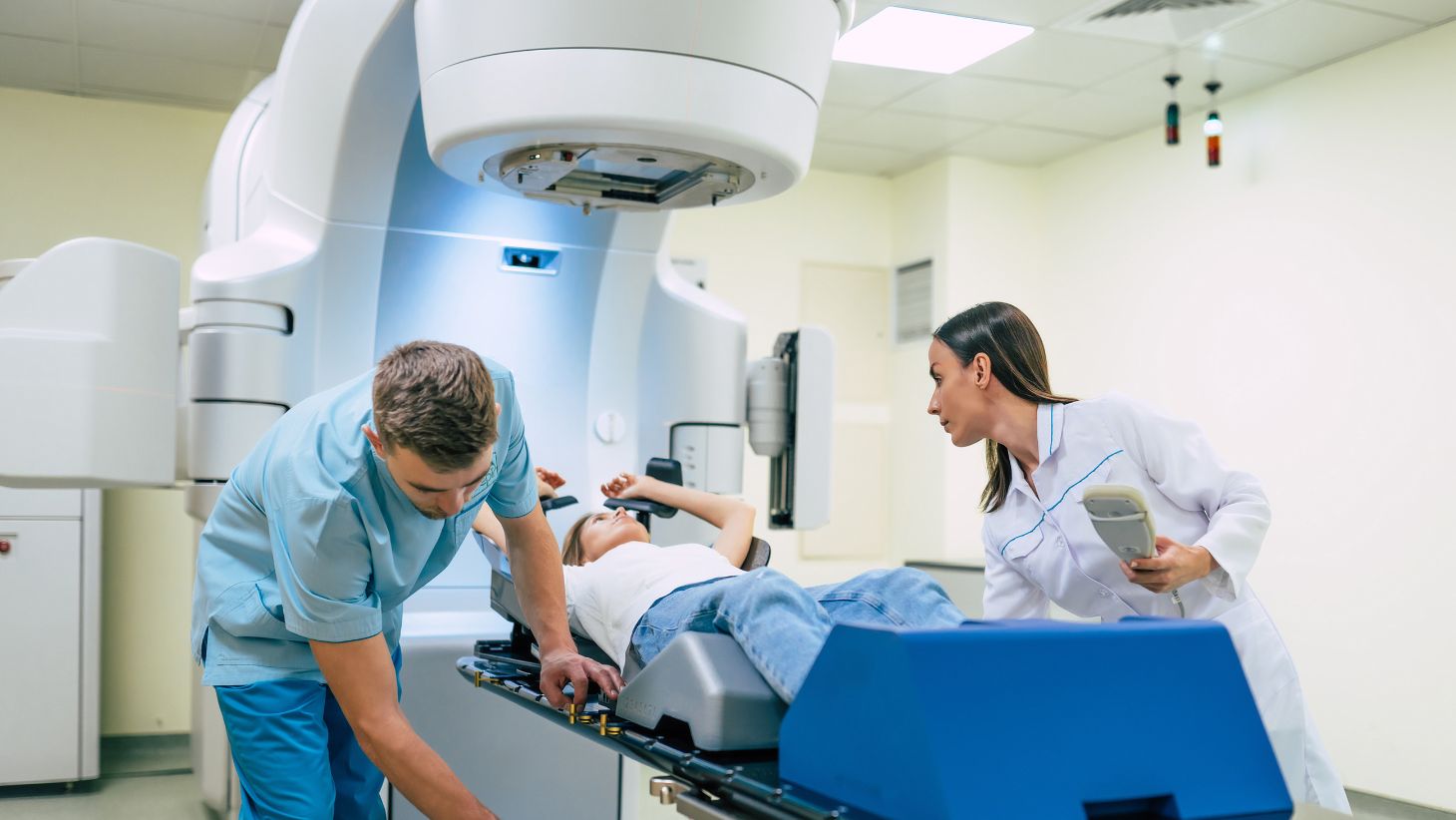A breast cancer patient will typically see many specialists, from diagnosis through treatment and recovery.
To help ensure patients get the most efficient and strategic care possible, a multidisciplinary team of specialists, including oncologists from Willamette Valley Cancer Institute, meet twice a month at what’s known as tumor board.
“There are many different types of breast cancers and, therefore, the most appropriate and effective treatment is going to vary, based on what type of breast cancer it is and how extensive it is,” says Dr. Jonathan Sims, a radiologist with Radiology Associates, PC.
The breast cancer tumor board is led by a pathologist and radiologist and attended by surgeons, medical oncologists, radiation oncologists and other specialists from a variety of practices. The physicians gather on behalf of patients to discuss individual cases in detail.
“A lot of the characteristics we have in our pathology report are geared specifically toward the surgeon or the oncologist making further treatment decisions. And that could be decisions on what type of therapy to use. It could be decisions on whether the patient needs additional surgery,” says Dr. Deven Smith, a pathologist with Pathology Consultants, PC.
The tumor board meets twice a month, and physicians typically discuss 6-8 cases at each one-hour conference.
“A lot of times, when things aren’t perfectly normal or perfectly abnormal, you want to know exactly what they mean. So, actually seeing it, having the pathologist and radiologist describe it and show it to you in several different ways, often helps put a different picture in your mind of what’s going on,” says WVCI medical oncologist Dr. Matthew Lonergan.
Having multiple sets of eyes on each case, helps ensure patients get the best treatment possible. In addition, this collaboration helps expedite patient care by making it possible for multiple specialists to share information and ideas, which might otherwise take weeks.
“It’s quite remarkable to be able to get everybody together in the same room at the same time, discussing the same cases,” says Dr. Smith. “It’s important for patients to know that there’s a lot of work happening on their behalf when they’re not in front of the doctor.”




